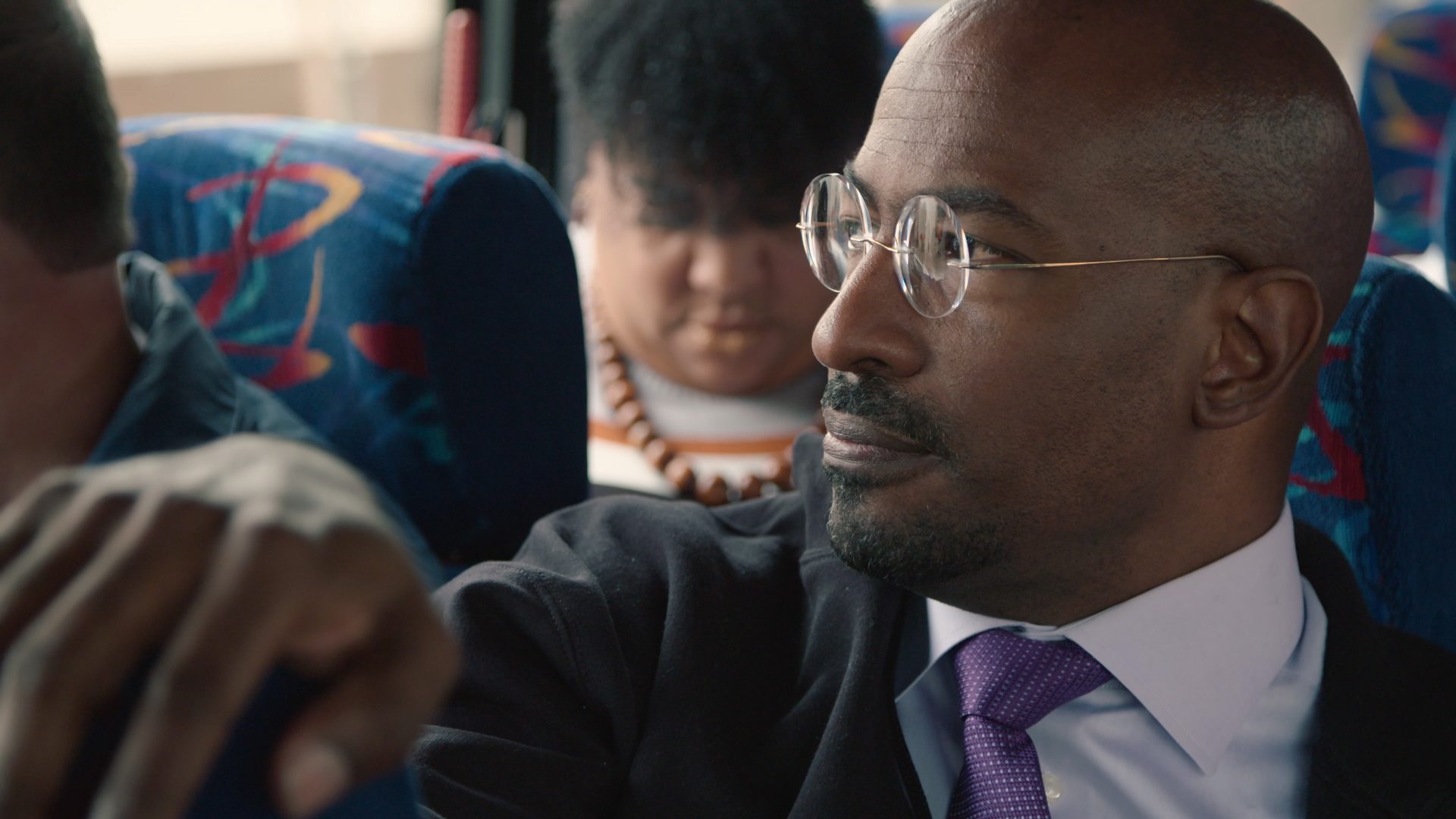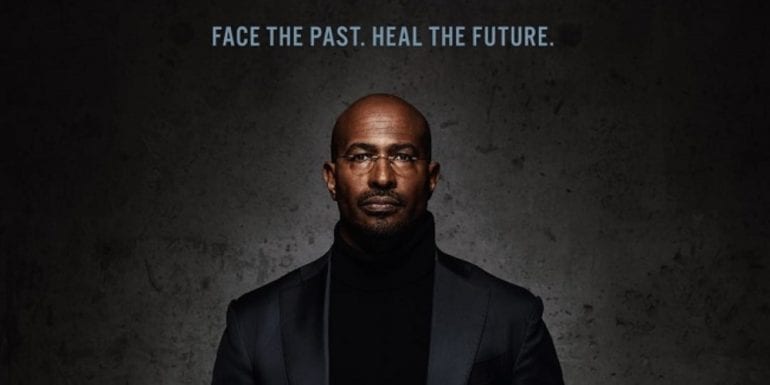
The First Step: Building Walls, Broken System
Sometimes, the best of intentions aren?t good enough to please people. Directed by Brandon Kramer, The First Step follows media personality Van Jones as he attempts to work with the Trump administration to pass a landmark bill on prison reform. Despite the nobility of his intentions to help prison inmates grab hold of a better future, Jones…

